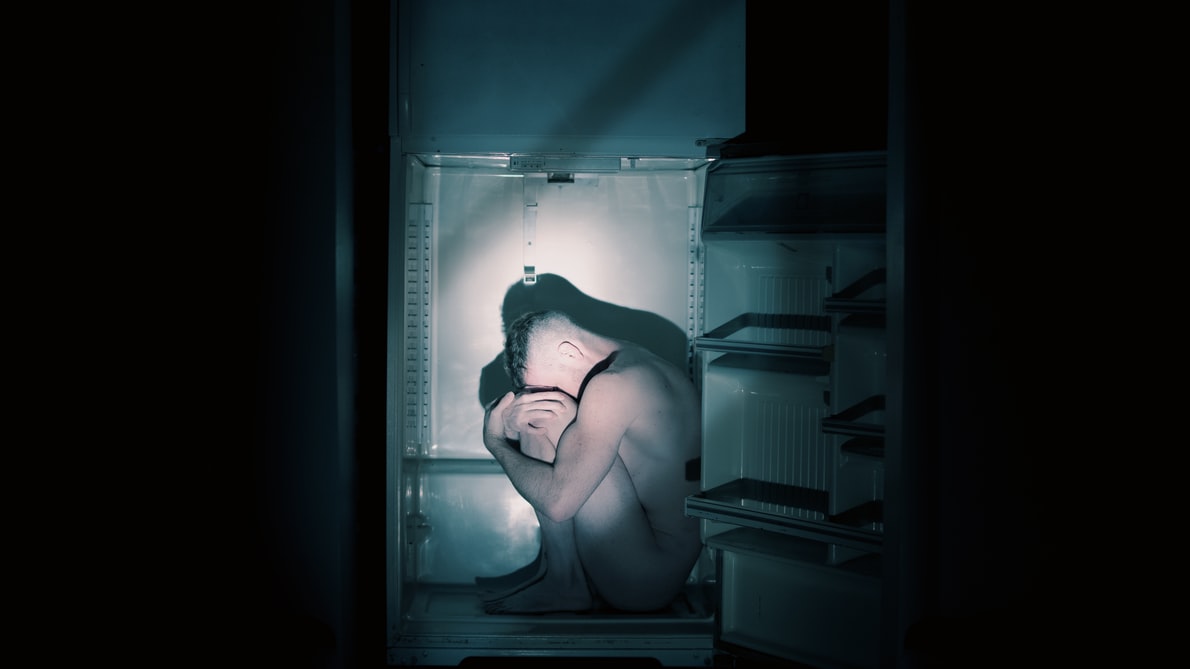Vote for the Readers’ Choice Award here; see all Shortlisted Op-Eds here.
Additionally, do note that the authors of these articles are minors who have bravely shared their writing with us; we entreat readers to treat their opinions with the appropriate sensitivity and care.
Misapprehending Mental Health
Some do not believe that mental health issues are legitimate concerns. They perceive those who are afflicted to have a weak state of mind. Others categorise people who have been diagnosed clinically as violent and unpredictable. However, “someone with a mental illness is more likely to be a victim of violence than to inflict it.” Time to Change, a mental health campaign in England to reduce mental health-related stigma and discrimination, declared. I have a friend who had been diagnosed with mild depression when she was only eleven. She is definitely not violent nor unpredictable.
In our digitised world of social media, the message seems to convey a particular sense of glamour. People regard specific issues like depression and anorexia nervosa as ‘aesthetic’ and trivialise what it really means to be suffering from these disorders. For example, very often, my peers speak of being ‘depressed’ whenever things goes south, or how they are ‘anorexic’ when their appetite had decreased lately. Many Instagram profiles created with handles that use words like ‘ana’ for anorexia or ‘cat’ for self-injury and cutting reflect how mental health issues are no big deal or can even be used for clout at times. While this may not true of all Instagram profiles (some are actively using these platforms to call for change), the prevalence of it romanticises the idea of “feeling depressed”. In fact, a genuine call for help may consequently be seen as attention seeking.
There is an acronym many I know use: ‘kms’ (‘kill myself’). It is a flippant phrase used to suggest how the person has faced undesirable circumstances and is joking about committing suicide because of said complications. They use it casually in texts, speech, or their Instagram handles. I recognise the dark humour in these endeavours. Regardless, it is scary to think about how adolescents say things that relate to suicide on a daily basis, whether they realise it or not. Even when someone points out that such topics that should not be joked about, they would be called out for ‘being so serious’. The fact that people refuse to believe that suicide is a big deal and that it is okay to say things about it quotidianly denies the reality of lives impaired by mental health disorders
Some misinterpret mental health issues solely as someone’s personality. This mindset could be the cause of people insensitively saying, “I know how you feel. I’m shy too,” to someone with social anxiety disorder. “I’m sorry I’m OCD this way,” when they prefer certain things to be organised in a certain way. These misinterpretations may also cause people to claim that they have mental health issues, when really, it is just habitual of them or solely part of their nature to behave that way. Obsessive-compulsive disorder is not your personal idiosyncrasy. I had a classmate who would often say, “I have crippling depression.” Whether has depression or not, I am none the wiser. Nevertheless, such proclamation does not normalise the issue. Instead, it caricatures the experiences of those struggling with crippling depression.
Globally, more than 264 million people of all ages suffer from depression, with suicide the second leading cause of death among 15-29-year-olds. Despite progress in some countries, people with mental health conditions often experience severe human rights violations, discrimination, and stigma, says the World Health Organization. Furthermore, the onslaught of COVID-19 has led to a considerable spike in reported cases of mental health-related afflictions.
This is why it is time we, as a society, have to face mental health rightly and quickly.
Facing Mental Health issues
These misunderstandings make those who actually suffer from mental health issues feel invalidated for feeling the way they do. Here is an analogy to put it into perspective: someone with a broken leg is being coaxed by others to stay home and rest instead of attending a social event. The very same persons are forcing someone with social anxiety to attend the event because they claim the one with anxiety issues is not handicapped in any way, before adding on how ‘if they wanted an excuse to get away from the event they should have at least put a little thought into it.’
Mental health issues are real handicaps and do affect someone like a fractured leg. Truth be told, mental health issues may be even more serious. You can control your recovery better. Wear a cast, move around minimally, walk around using crutches. However, it is far more difficult for one to care for themselves when they do not have control over their mental state.
So, what can we do? Spread awareness. Read up even more; share information; bring your knowledge into the real world. A person’s understanding of one who suffers from mental health issues may help them be more accepting of their current state and be more willing to reach out. Knowing that someone is there to comfort and be there for them is a big step to recovery.
‘Right now, our voices may be small. But it’s not a matter of how loud we yell. It’s a matter of whether someone is willing to listen,’ and if you are still with me after reading this, it tells me that you were willing to listen.
His appetite was gradually returning—his mother’s homecooked dinner was appearing to taste better. He would talk with his mother more; she was the one crying now that her son is slowly returning to normal. School was becoming less dull as he started remembering what his hobbies and interests were, paying better attention in class now and with improving grades. Although his mood would dip sometimes due to the medication, he was finally beginning to feel like himself again.


